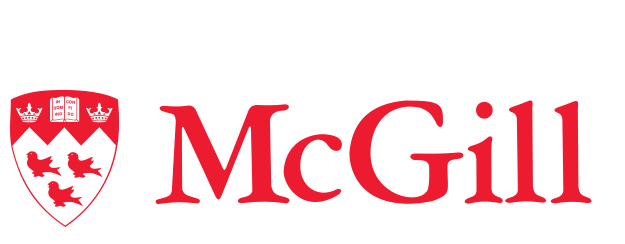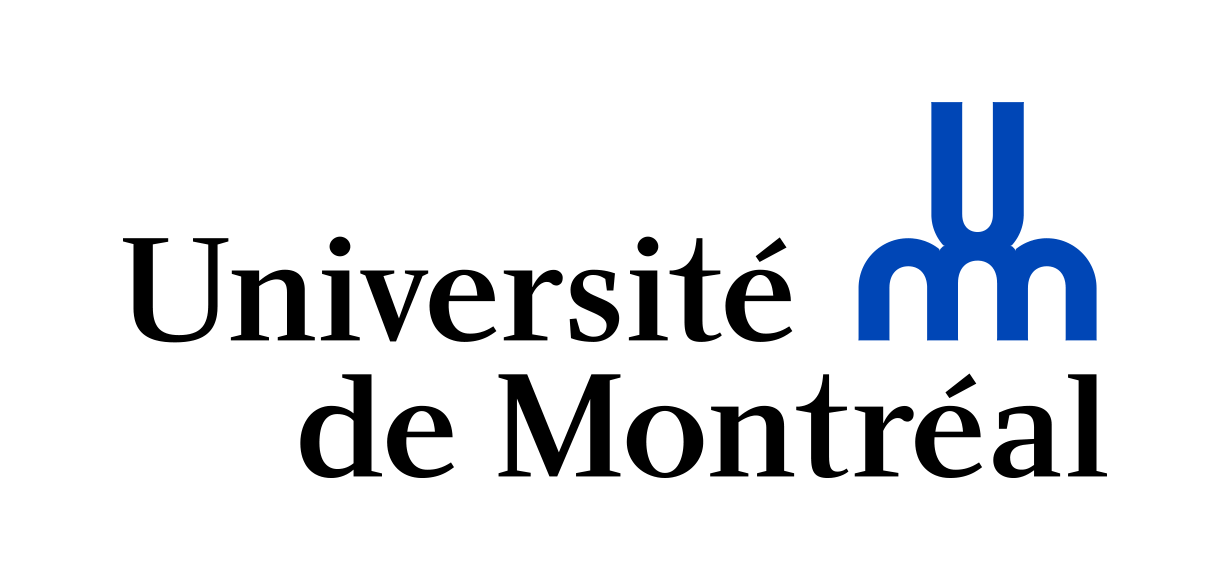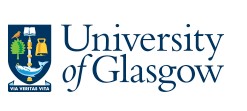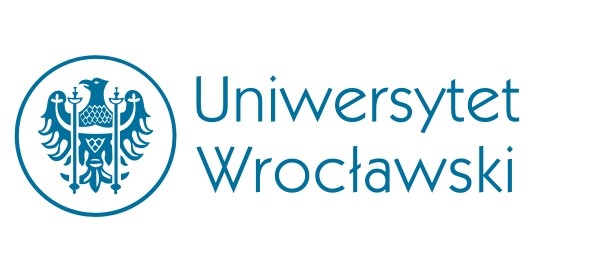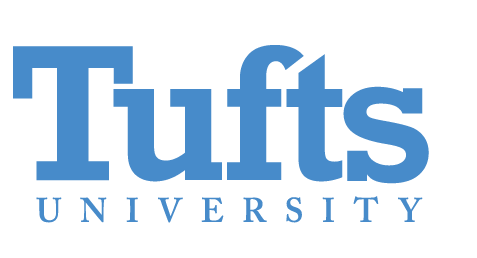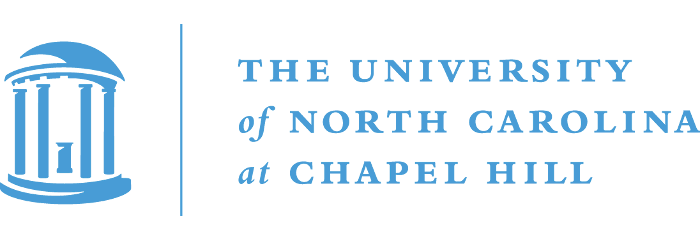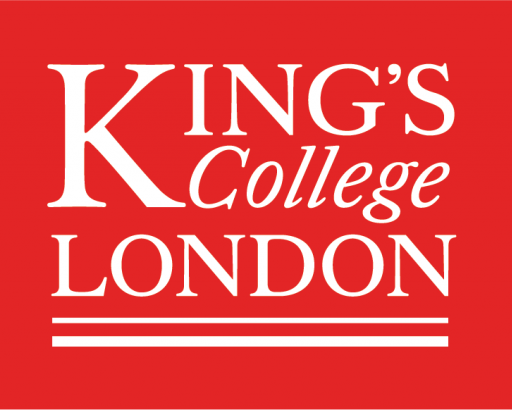Hiba Zerrougui, October 2018
The BEAR Multi-Method Workshop held in at the University of Glasgow in October 2018 exceeded all my expectations. It has provided me with a unique opportunity to develop my practical understanding of protest event analysis (PEA), social network analysis (SNA) and simulations. Not only participants were fortunate to learn from these methodologies from leaders of the field, our learning experience was also improved by the intimate format of the workshop. Indeed, in my opinion, at the heart of the success of this workshop was that it was propitious to meaningful exchanges and debates among peers and established scholars on key methodological issues.
The workshop also struck a fine balance between depth and breadth of content, satisfying both participants who simply wanted to familiarize themselves with these cutting-edge methods and those who wanted to perfect their understanding of these methods in view of applying them to their current and future research projects. For instance, participants were introduced to the ontological roots and the theoretical debates at the gist of PEA in addition to being encouraged to think about more practical considerations such as the ethical challenges pertaining to the use of social media to gather data on protests, and the different types of software available to conduct PEA. Similarly, the lectures on simulations as a pedagogical tool in the university classrooms introduced participants to both the trade-offs of using such educational techniques and has given us a chance to test a game as well as develop our own.
I believe that this workshop constituted a unique chance to sharpen my skills as an educator and to expand my knowledge of methodological tools that are key for my dissertation research and academic career. I personally feel confident in employing PEA in my own dissertation research and am considering including SNA to my next research projects. Additionally, I am already incorporating simulations and analytical games when leading student conferences as a teaching assistant and have noticed a marked increase in students’ engagement with the course material as a result of this.
I sincerely doubt that the workshop, as a learning opportunity, could have been replicated in more classical learning environment, such as in a graduate university course. I will remember fondly the climate of collegiality among participants and scholars, and the beautiful campus of the University of Glasgow. In that sense, I am very thankful that the BEAR Network provided me with the opportunity and means to be part of this event.





